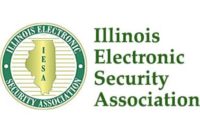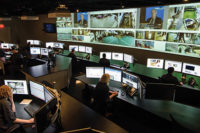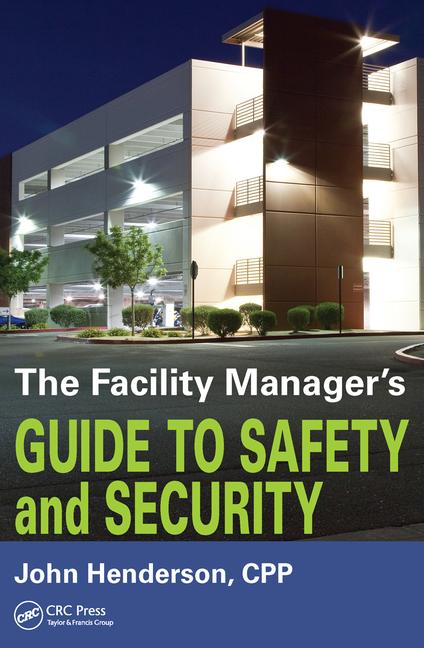The Illinois Electronic Security Association (IESA) wants security industry professionals to be aware that the Illinois alarm industry is facing its most significant threat ever — even more so than in 2011 — because Senate Bill 1495 has advanced to the Local Government Committee in the Illinois Senate, chaired by the bill’s sponsor, Thomas Cullerton, who is a cousin of Senate President John Cullerton. The Illinois Electronic Security Association opposes SB 1495, which was put forth by the state associations for fire chiefs and fire inspectors as a means to allow fire protection districts to adopt ordinances regulating the supervision and monitoring of fire alarm systems, and collect fees for fire alarm services that are provided to customers by the district itself or through its selected vendor.
“This is a nationwide issue for our industry,” Kevin Lehan, executive president, IESA, told SDM. “When I graduated high school in the early ‘90s, there were two places you could gamble in America — Las Vegas and Atlantic City. Today, including in Illinois, 41 states have state-sanctioned commercially operated or tribal gambling just one generation later.” He continued, “The proliferation is directly related to the tax revenue states could generate. In recent years, marijuana has been decriminalized in some states, with more eyeing the potential revenue. If this Illinois Senate Bill 1495 passes in Illinois, it won’t be long until the concept of municipal monitoring spreads nationwide like casinos or marijuana. It’s a cash grab and other states would follow suit.”
And this isn’t the only threat on the Illinois Senate floor. Another threat is Senate Bill 1685 that creates redundant licensure and establishes dueling requirements for the design, installation, repair, inspection and testing of fire alarm systems.
This bill calls for a person with a NICET Level 3 certification or higher for system design. If passed, it would prohibit 725 currently licensed alarm contractors from continuing to perform those services unless they hired a person with those credentials. Because there are only 147 persons certified in Illinois at this level — and many work for common employers — at least 80 percent of existing Private Alarm Contractors would be barred from providing a service they are license to now provide, according to a fact sheet released by IESA. In addition, Senate Bill 1685 also requires a person to have NICET Level 2 certification for inspection and testing of fire alarm systems. With just 347 NICET Level 2 persons in Illinois — compared to the thousands of highly trained and background-checked professionals who now provide this service — it would be impossible to meet the demand for the life safety service. Delays in testing and inspection would result negatively on life safety in Illinois.
In order to go head-to-head with government and try to stop these bills, which would harm the industry, at press time, the IESA was planning to host a “Day in Springfield” for all alarm contractors, not just members, on March 25, 2015. On this date, IESA planned to meet with state senators and their staff to discuss these concerns in a direct outreach. “Even if you cannot attend the meeting, please share this information,” stated Lehan in an email to industry members in early March.
IESA urges members to address their senators and representatives to tell them to oppose it — in email, a phone call, or a personal visit. “We oppose this bill not only on the basis that the government is looking to take over a service that has been provided by the private industry for 100 years; but also the proposed legislation would pre-empt ongoing litigation. The legislative branch should not interfere with the judicial branch,” Lehan said. SDMcontinues to follow this story online. Look for a follow-up on the Day in Springfield in the May issue.









